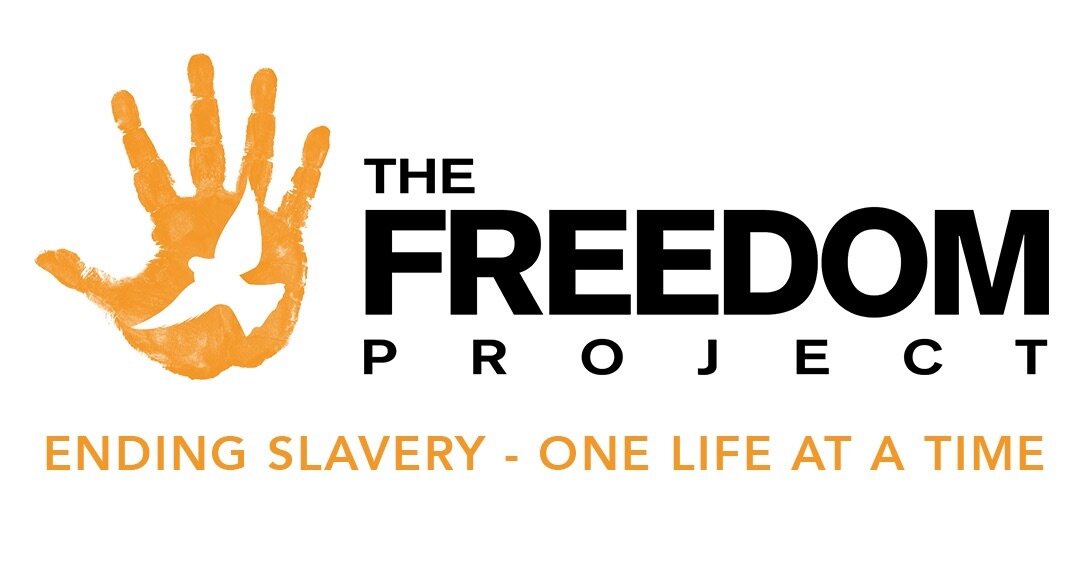Sex Trafficking in Nigeria
HOW DOES IT HAPPEN?
Since the fall of Gaddafi in Libya in 2011, the number of Nigerian women illegally smuggled into Southern Italy and coerced into prostitution has skyrocketed. According to the International Organisation for Migration, over 11,000 women were trafficked from Nigeria to Italy in 2016, up from only 1,500 in 2014. It is estimated that at least 80% of those women come from the Edo State in Nigeria that barely accounts for 2% of the total national population[i]. The women are then working to pay off the debt they owe to their trafficker for getting them into Europe in the first place. The debt is disproportionate, fluctuates according to the trafficker’s whim and is pretty much impossible to repay – around AU$50,000.
Source: Blogspot
Source: Blogspot
When they arrive in Italy, these trafficked Nigerian women are forced to prostitute themselves on the now infamous ‘road of love’, a scenic coastal road off the Adriatic Sea. They risk their lives working for hours on the sidewalk of this high-speed road, often with just a mattress hidden in the bushes to take clients to. They often live in small apartments headed by violent madams where they pay rent, further delaying the repayment of their debt. Increasingly arriving from a younger age, and the rates for services also decreasing, most women are illiterate and oblivious of their rights or where to seek help from.
WHY DON'T THEY FLEE?
Juju Rituals
Source: Blogspot
The debt is unfortunately just one part of a more holistic bond linking the victim to her trafficker. In order to ensure that the women being prostituted do not escape, but also keep quiet about their experience and abuse, traffickers from the Edo state use cultural indoctrination to psychologically entrap their victims.
Before the young women depart Nigeria, they take an oath to the trafficker during a Juju ritual, based on local voodoo practices. If the woman breaks the pact by running away and thereby fails to repay her outstanding debt, she believes she will be cursed.
Specific to the sex trafficking network stemming from the Edo state, Juju rituals are at the core of the network’s resilience and its sinister success. Not only does it efficiently scare trafficked women into quietness and submission, it also deeply ingrains the trafficking process within the local belief system providing it with a psychological facet. In turn, rescuing Nigerian women from the psycho-social hold of those rituals has proven to be particularly daunting, especially when apprehended from a Western medicine perspective.
Madams
Equally key to the Edo state sex trafficking network, madams have a central role in the perpetuation of the system. In addition to recruiting girls in Nigeria, madams oversee the victim’s journey to Italy. Incredibly, most madams are actually former trafficked victims ‘promoted’ to this role.
Social Expectations
Over the years and as the network spread out within Edo communities, prostitution of local young women in Europe has become a normalised feature of the social environment girls are brought up in. It is so central to the communities’ beliefs and practices that girls are now expected to go to Europe when they reach a certain age in order to lift their families out of poverty. Due to the popularization of this practice, women feel peer-pressure to willingly partake in this destiny.
Source: Blogspot
WHAT CAN WE LEARN?
The success of the Edo state sex trafficking is based on coercion being primarily socio-religious before physical.
3 main reasons explain this success:
- It is self-replicating. Madams, as victims and perpetrators, ensure the organic continuation of the whole network from source, in transit and at the destination.
- It is anchored in local religious beliefs thus making it particularly resilient to outside (Western) intervention.
- Going to Europe is now part of the social canvas of Edo communities’ expectations of their young women.
IS THERE ANY HOPE?
Both governmental bodies and NGOs are actively working in Italy to tackle sex trafficking. There are glimmers of hope amidst this dark and heartbreaking reality.
One young lady named Princess, a former trafficked victim who successfully got her madam sentenced in jail, was rescued in Italy and has now been working with the local NGO PIAM (Progetto Integrazione Accoglienza Migranti) for the past 17 years to save trafficked victims from the grip of their slaveholders[ii].
Another local NGO has been making strides since 2002 in addressing this issue and seeking to ensure women do not end up back on ‘the road’. SPRAR (System of Protection for Asylum Seekers and Refugees) aims to help rescued women heal and integrate in Italian society by providing counselling, accommodation, education and skills training.
To find out more about some of these women’s journeys, check out this documentary from The Guardian: ‘On the Road – living and working on the Italian ‘road of love’’
--
The Freedom Project works to fight all forms of trafficking and slavery. We currently work in India, the Philippines and Myanmar in vulnerable communities with a focus on prevention, rescue & restoration. You can help end slavery one life at a time by making a donation today.
This blog was written by Gaby who is a research student from Europe volunteering with The Freedom Project in 2018.
[i]Aronowitz 2001
[ii]Read her full story here: https://www.theguardian.com/global-development/2016/aug/07/nigeria-trafficking-women-prostitutes-italy





